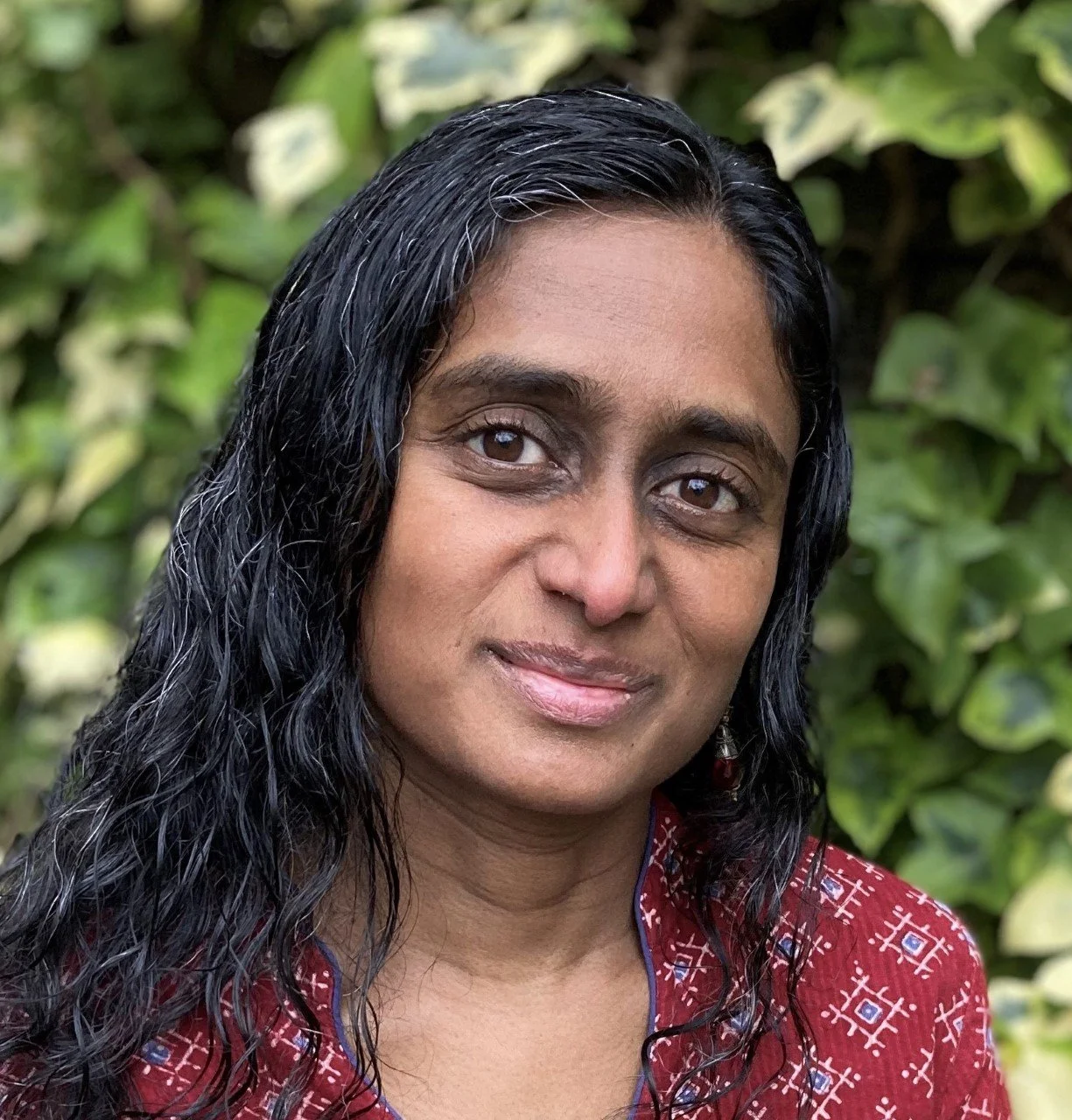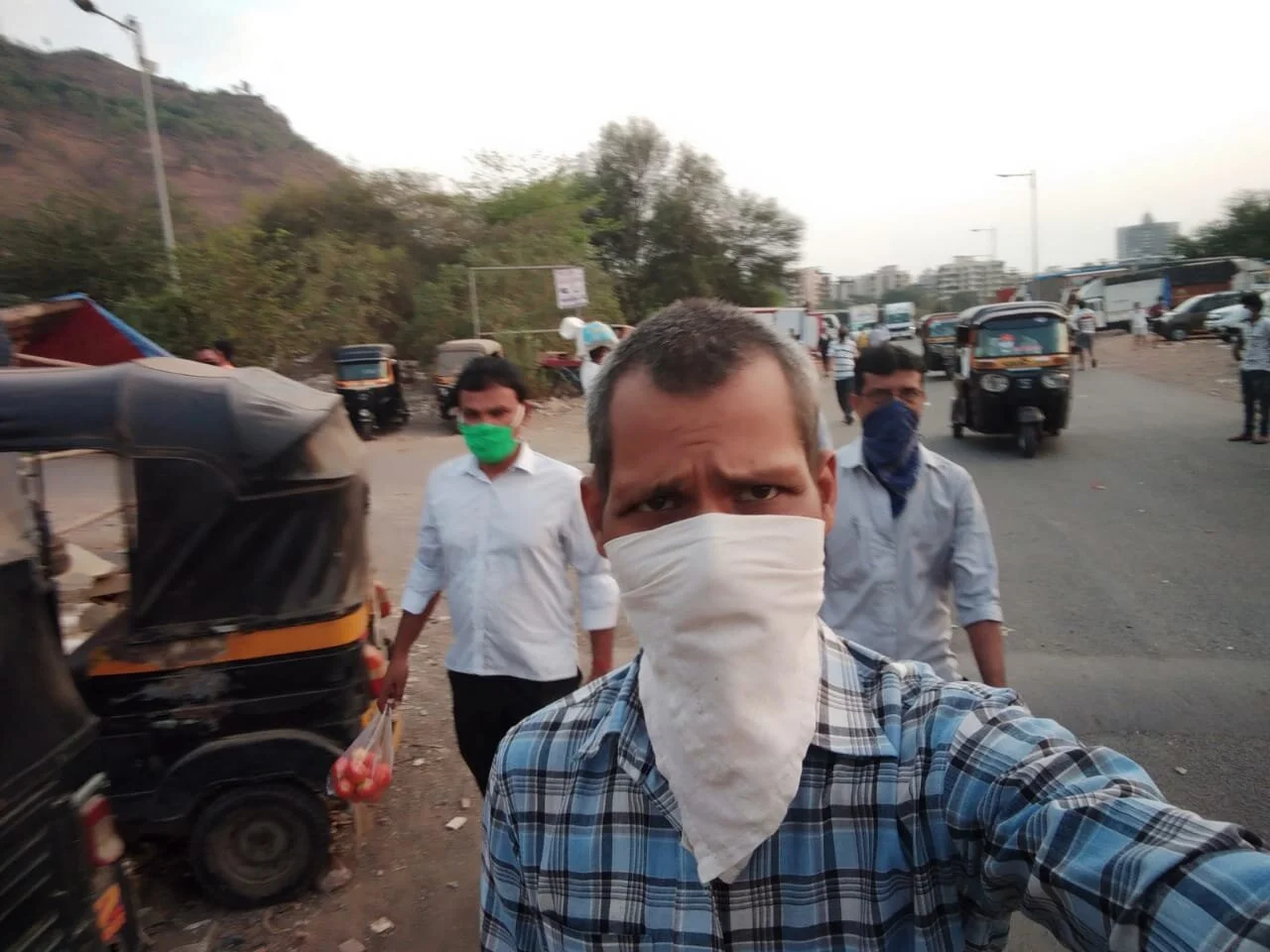Alumni Update: Dr. Sundari Anitha
Dr.Sundari Anitha, a 1996 Inlaks Scholar, is currently Chair in Sociological Studies at the University of Sheffield, UK. Her research conducted with Prof Anupama Roy (Co-I, JNU, Delhi) documented (and named), for the first time in 2016, the problem of Transnational Marriage Abandonment (TMA), which had a bearing on a landmark ruling related to the issue.
We spoke to Dr. Anitha to understand more about the issue, and the efforts taken to resolve it.
Read on to know more.
What is Transnational Marriage Abandonment (TMA)?
In a global world where transnational marriages are on the rise, transnational marriage abandonment (TMA) is a growing form of domestic violence that has long been ignored by Western governments. TMA occurs when men with citizenship/residence rights in countries in the global north abandon their foreign national wives in their home countries. Such abandonment is intended to deprive women of their residential and financial rights in their husband’s country and commonly results in women’s destitution and further violence from their family due to the stigma associated with divorce in their home countries. Women may be separated from their children or abandoned with their children. In relation to the UK, such abandonment prevents women from accessing support that exists in the UK for migrant wives who are victims of domestic violence. Recent government estimates from India indicate that TMA affects more than 20,000 women, though no systematic data is collected on prevalence rates. Data from other countries is even more scant.
How did your research further the work of seeking recognition for TMA as domestic violence?
In research funded by the British Academy and conducted with Prof Anupama Roy (Co-I, JNU, Delhi), we documented (and named) the problem of TMA for the first time in 2016. Our research documented how TMA commonly accompanies other forms of domestic abuse but argued that as it involves coercive and controlling behaviour, it constitutes domestic abuse in and of itself. I subsequently worked with Southall Black Sisters (a leading national charity that provides advocacy and advice for racially minoritised and migrant victims of domestic abuse) to persuade the family justice system in England & Wales to recognise such abandonment as a form of domestic violence in 2017, through the Practice Direction 12j (Part 2B-3). However, victims who were stranded abroad found that immigration officers were unwilling to act on this change and routinely prevented their re-entry to the UK to take part in family proceedings. In a landmark ruling on 14 October 2022, Justice Lieven held that victims of TMA are unlawfully discriminated against as they are not allowed to avail reliefs available to victims of domestic violence who are in the UK on a spouse visa.
How have you been working to support the victims of TMA after this ruling?
Following this ruling, I - alongside representatives of Rights of Women, Immigration Law Practitioners Association and Pragna Patel - was part of a working group on TMA that advised civil servants on the creation of a new entry route to the UK for victims. Hundreds of victims of domestic violence who have been stranded abroad by their British husbands will finally get justice through this new policy which was announced in the Statement of Changes in Immigration Rules on 7 December 2023, and was to come into force by 31 January 2024.
What were your greatest challenges and learnings on this journey?
The change in the family justice system came about fairly quickly but did not lead to the far reaching outcomes we had hoped for, due to the border control regimes that worked against the victims’ return to the UK. The biggest challenge was to bring this issue to the attention of policy makers. We were seeking the extension of rights for migrant victims of domestic violence in a policy context that has been geared towards creating a hostile environment for migrants. We eventually resorted to the courts, which are an important check on the powers of the executive, and the successful judicial review was a key turning point.
Achieving impact from academic research requires more than robust evidence - effective change is founded on strong partnerships with stakeholders across different sectors and an activist pressure from below. My decades of collaborating with and previous experience of working within the frontline domestic violence sector in the UK certainly helped in this process. While the research was a necessary first step, it was ultimately a team effort.
What are the next steps for you on this issue?
The next steps are to publicise this change, so that transnationally abandoned women can take the steps to return to the UK and receive the right advice to complete the application, free of charge. We plan to hold online workshops for women’s organisations across the affected countries South Asia, Middle East and Africa to outline the process. Meanwhile, a recording of an initial training session on the new changes is available here, and should be a useful guide for practitioners.






